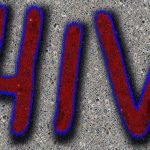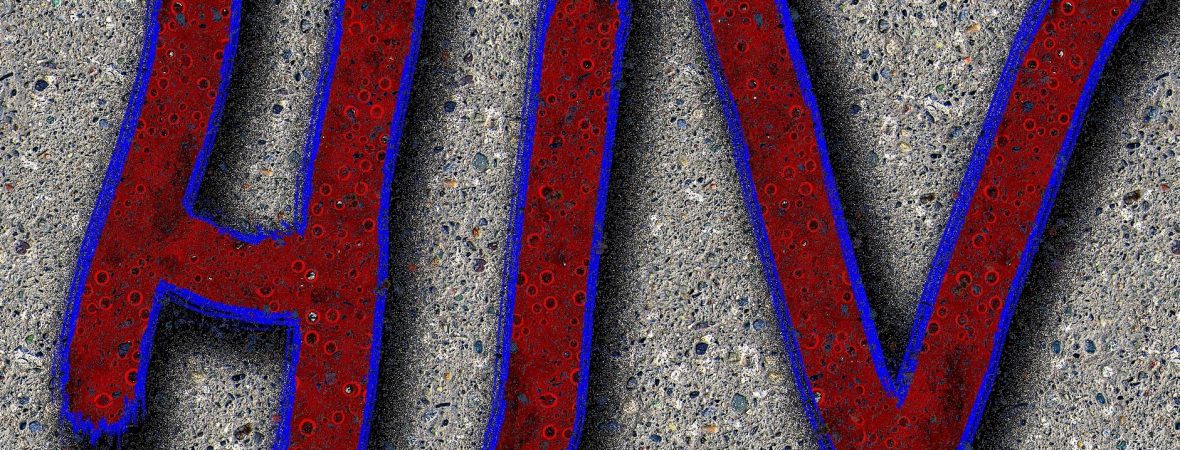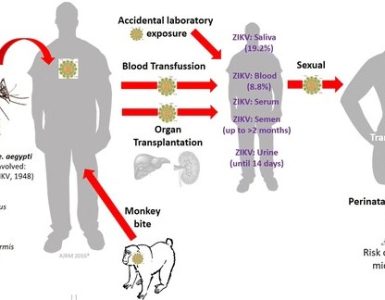
The federal government estimates that there are more than one million people living with HIV to date in the U.S. Among these people, one in every seven may not know that they are infected.
Researchers from Scripps Research Institute hope to reduce the number of people contracting the virus with a new HIV vaccine. The team said they were able to block the “death star” strain that has been preventing scientists from creating an effective treatment for HIV.
The strain, called SIVmac239, is widely known in the scientific community for being “indestructible.” However, the Scripps team said their HIV vaccine was able to fight death star and another hard-to-fight strain.
The study, published in the journal Science Translational Medicine, states the approach has the potential to protect uninfected individuals from multiple forms of HIV.
In addition, the vaccine showed durability during tests. A single shot provided animal subjects with long-term defense against the infection.
“We have solved two problems that have plagued HIV vaccine studies to date–namely, the absence of duration of response and the absence of breadth of response,” study author Michael Farzan said in a statement. “No other vaccine, antibody or biologic protects against the two viruses for which we have demonstrated robust protection.”
An HIV vaccine that works provides long-term protection with a single dose would significantly help at-risk communities where medical support is unavailable.
How the HIV vaccine works
The Scripps team designed a protective protein, called eCD4-Ig, that is then carried by a harmless, lab-made virus to the body to block HIV infection. The virus uses muscle cells to travel around the body.
eCD4-Ig attracts HIV and when the harmful virus approaches the protein, it will undergo conformational change prematurely. The process then cuts HIV’s ability to infect the body.
Researchers said that during lab tests, the vaccine did not cause serious immune reactions. The use of good virus to create treatments comes after the Food and Drug Administration’s recent approval to use gene therapy tool.
Farzan said their HIV vaccine promises to save lives.
“We hope ultimately to prove that our approach is safe for both infected and at-risk persons at a cost that makes it useable everywhere,” he added.
Source: Medical Daily

















